Explore the options for financing your new home and learn about how each mortgage could benefit you.
Securing a Home Mortgage

Buying a home is an exciting time. Most people don’t pay cash for their new homes, so they turn to banks and mortgage lenders to help them finance the purchase. Your home loan specialist will review your entire financial profile and work with you to choose the right mortgage product.
Choosing the Right Mortgage Type
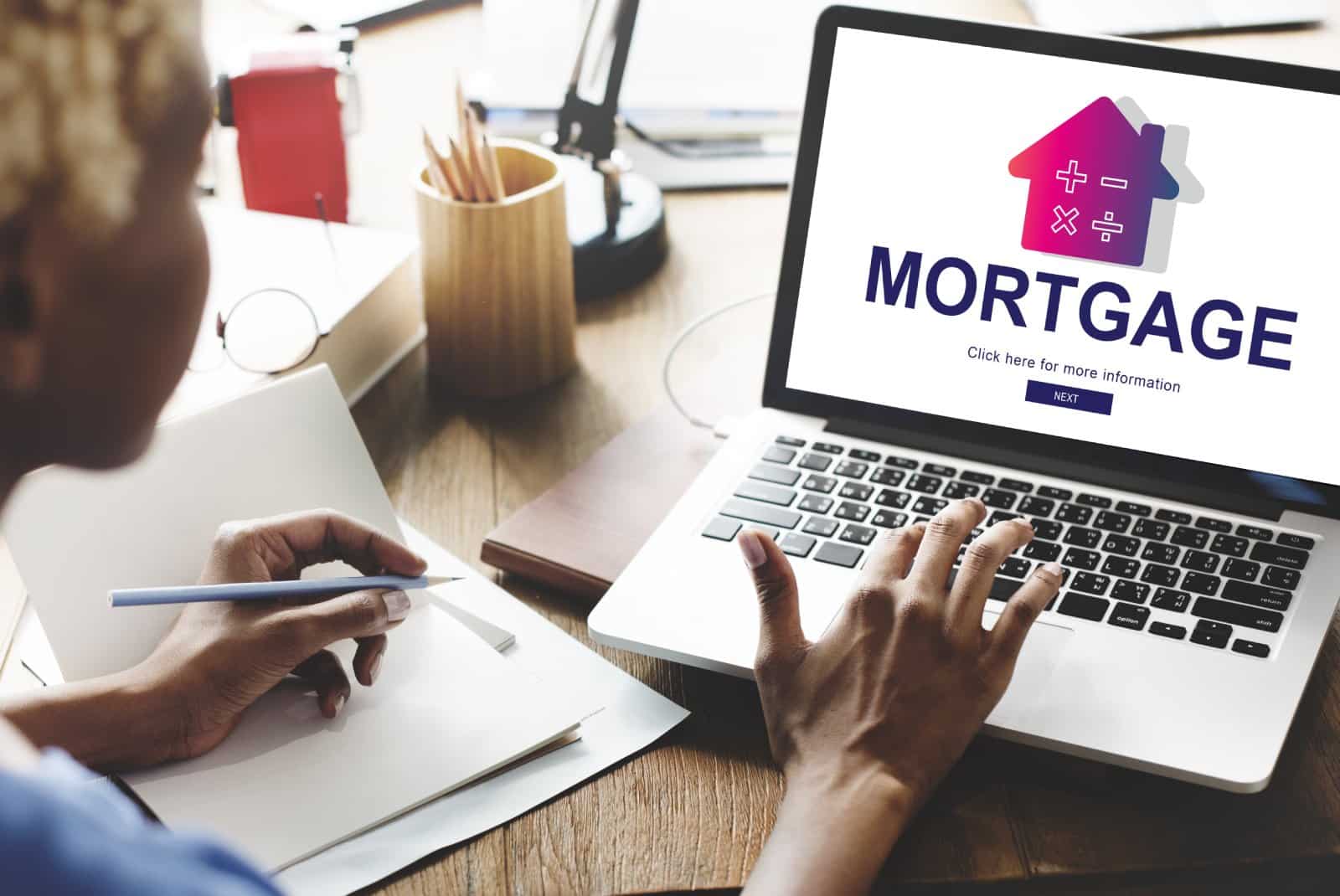
Before you commit to a lender, you might want to familiarize yourself with the various types of mortgages that might be available to you.
What Makes a Mortgage?
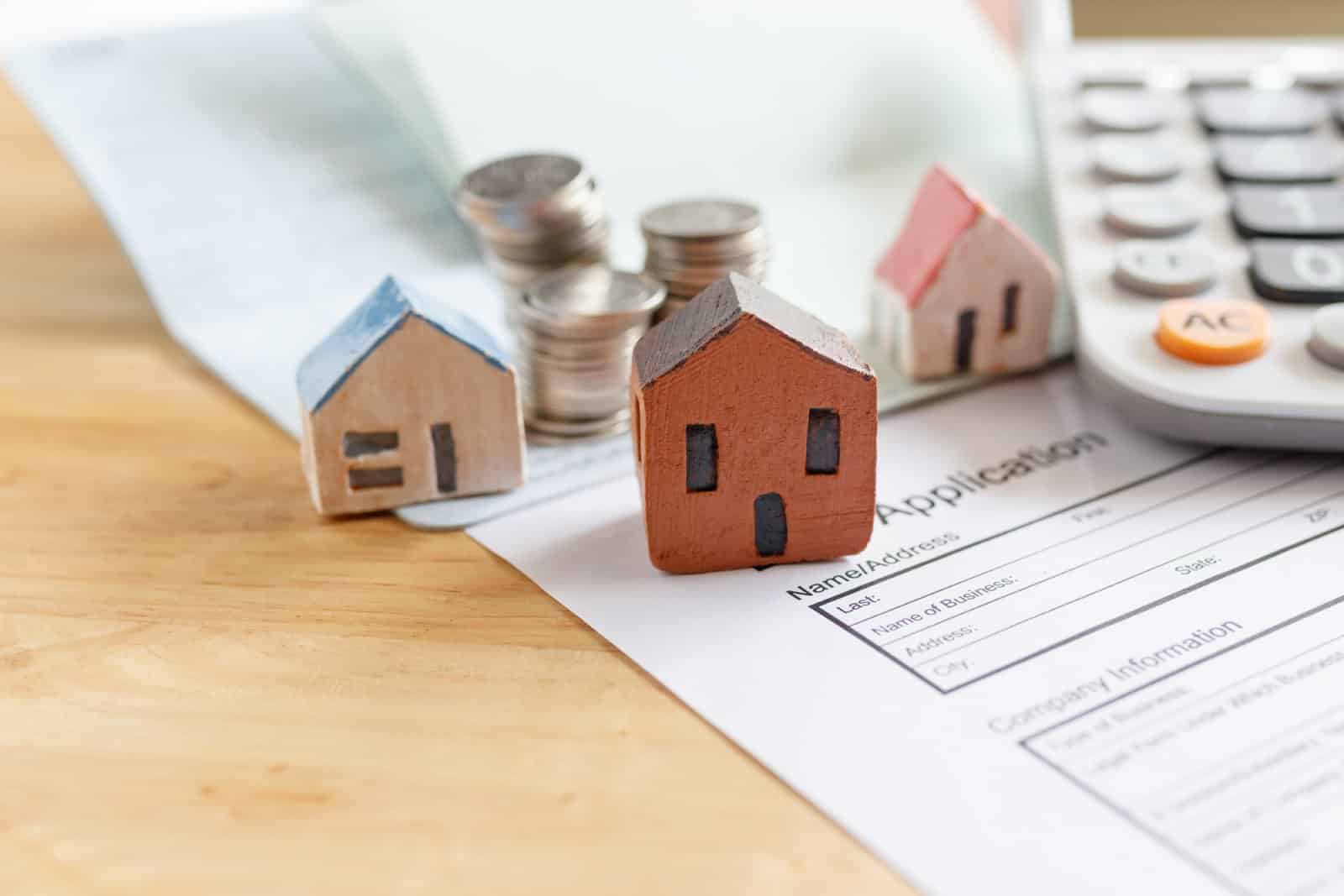
Your mortgage is made up of the principal (the amount of money you borrowed) and the interest (the percentage that you pay to the lender as payment for loaning you the money). You also have the option of escrowing (including) your property taxes and homeowner’s insurance in your mortgage payment.
Your Escrow Account
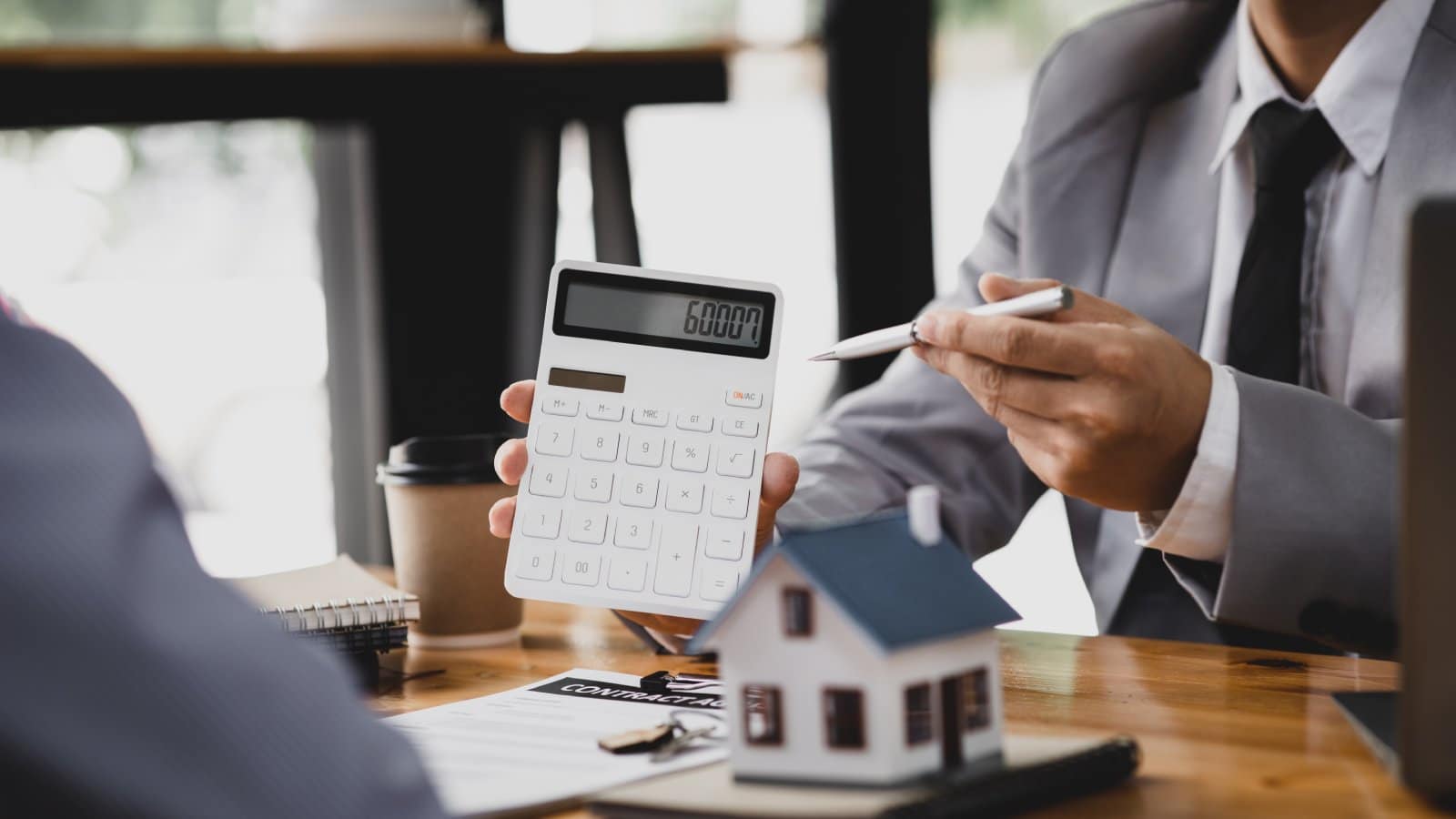
If you choose to have your taxes and insurance included in your payment, then a portion of your total mortgage payment each month will be set aside in an escrow account. Once a year, your lender will send a payment to the county or city to pay your property taxes, and another to your insurance agency to pay for the homeowner’s insurance.
Interest Rates
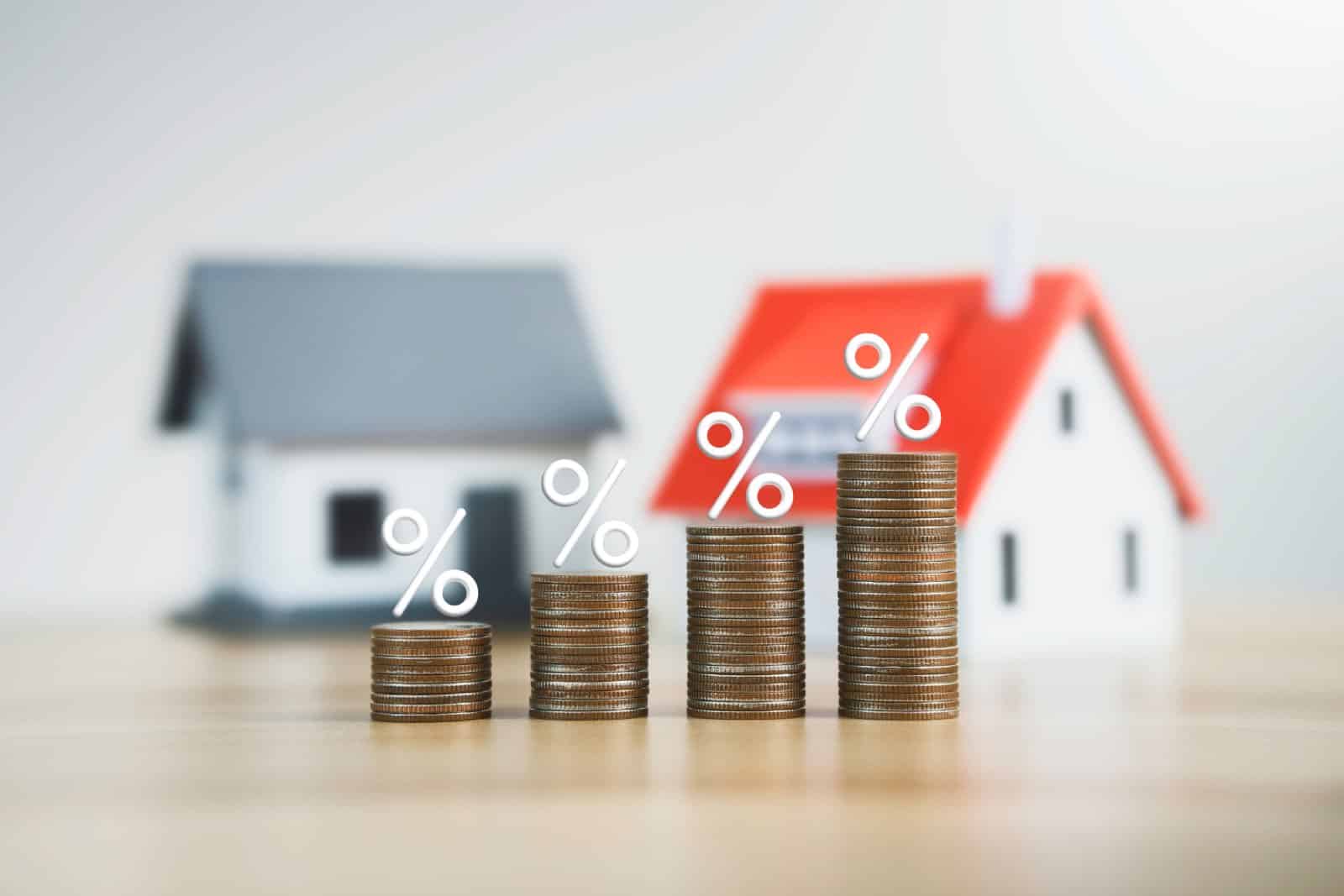
When it comes to home loans, you will pay interest no matter what loan type you go with. You could opt for a fixed interest rate, and your interest rate will stay the same throughout the life of the loan. Alternatively, you might prefer an adjustable interest rate, and your interest rate will change based on the current market.
Adjustable-Rate Mortgages: Pros and Cons

Adjustable-rate mortgages are a little riskier because if interest rates rise, your mortgage payment will increase. But the benefit of these is that if rates decrease, your payment will as well, saving you money when the market is right.
Fixed-Rate Mortgages: Pros and Cons
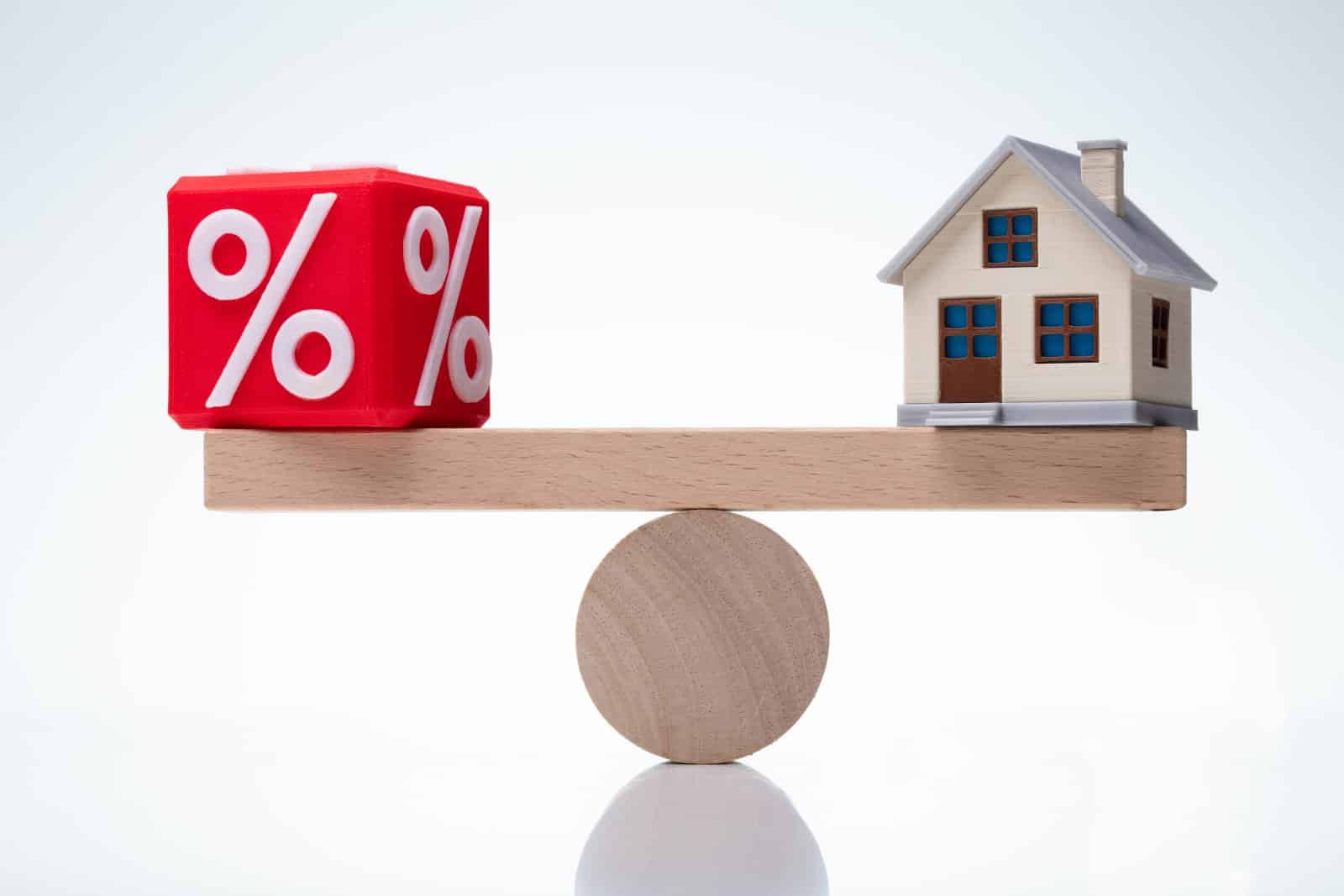
Fixed-rate mortgages have similar pros and cons. Your rate will stay the same for the entire time you have the loan, which will protect you from a higher payment if rates increase. You just won’t get the benefit of a lower payment if rates drop lower than the one you have.
Four Major Loan Types

There are four main loan types that you can consider when buying your home. Most people don’t qualify for all of them, so it’s important to review the qualifications for each one and talk with your loan specialist about what’s right for you.
Conventional Mortgages
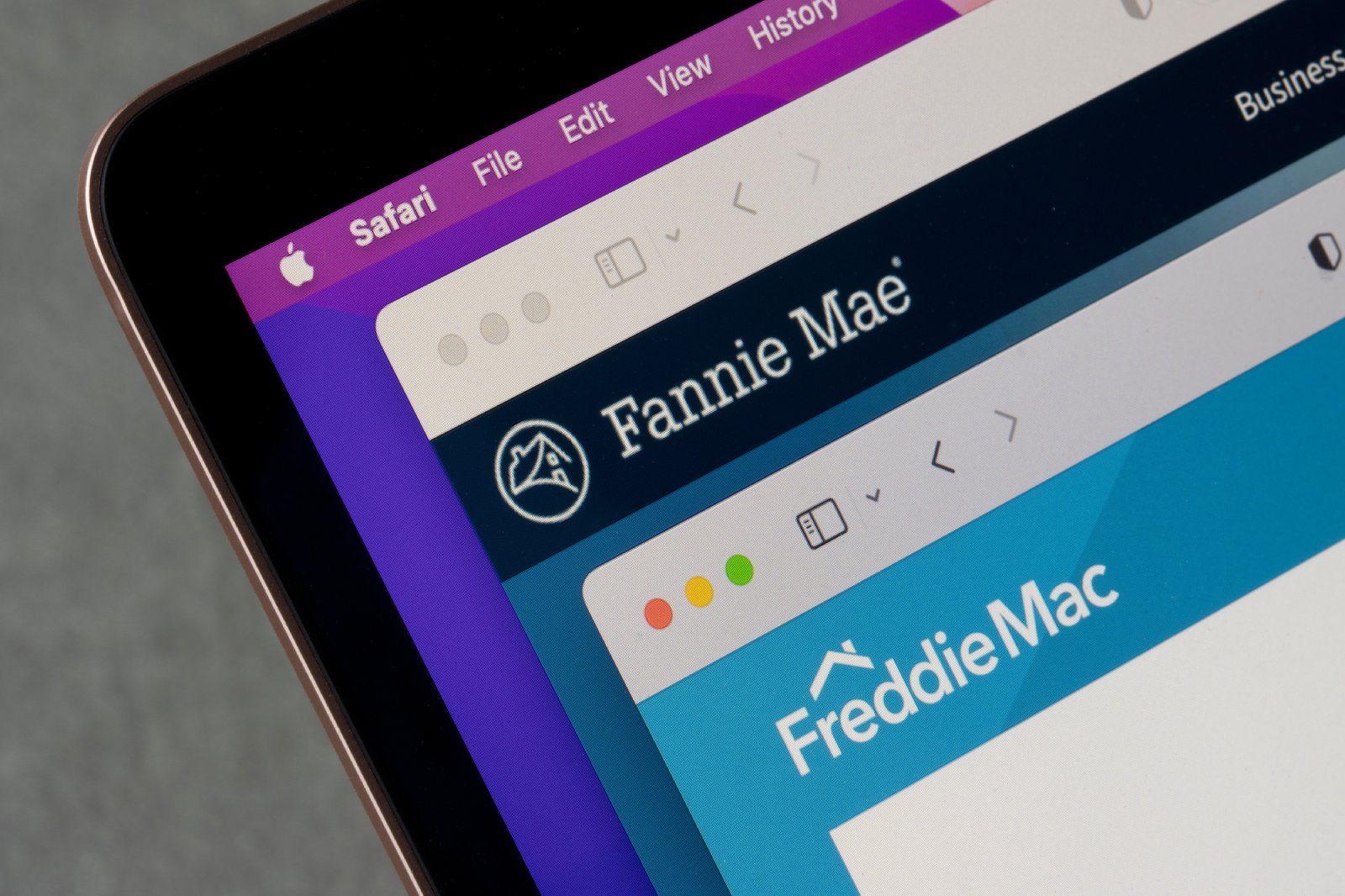
Conventional mortgages are the only type on this list that the federal government does not back. Private agencies, usually Freddie Mac or Fannie Mae, insure these loans.
Who Qualifies for Conventional Mortgages?
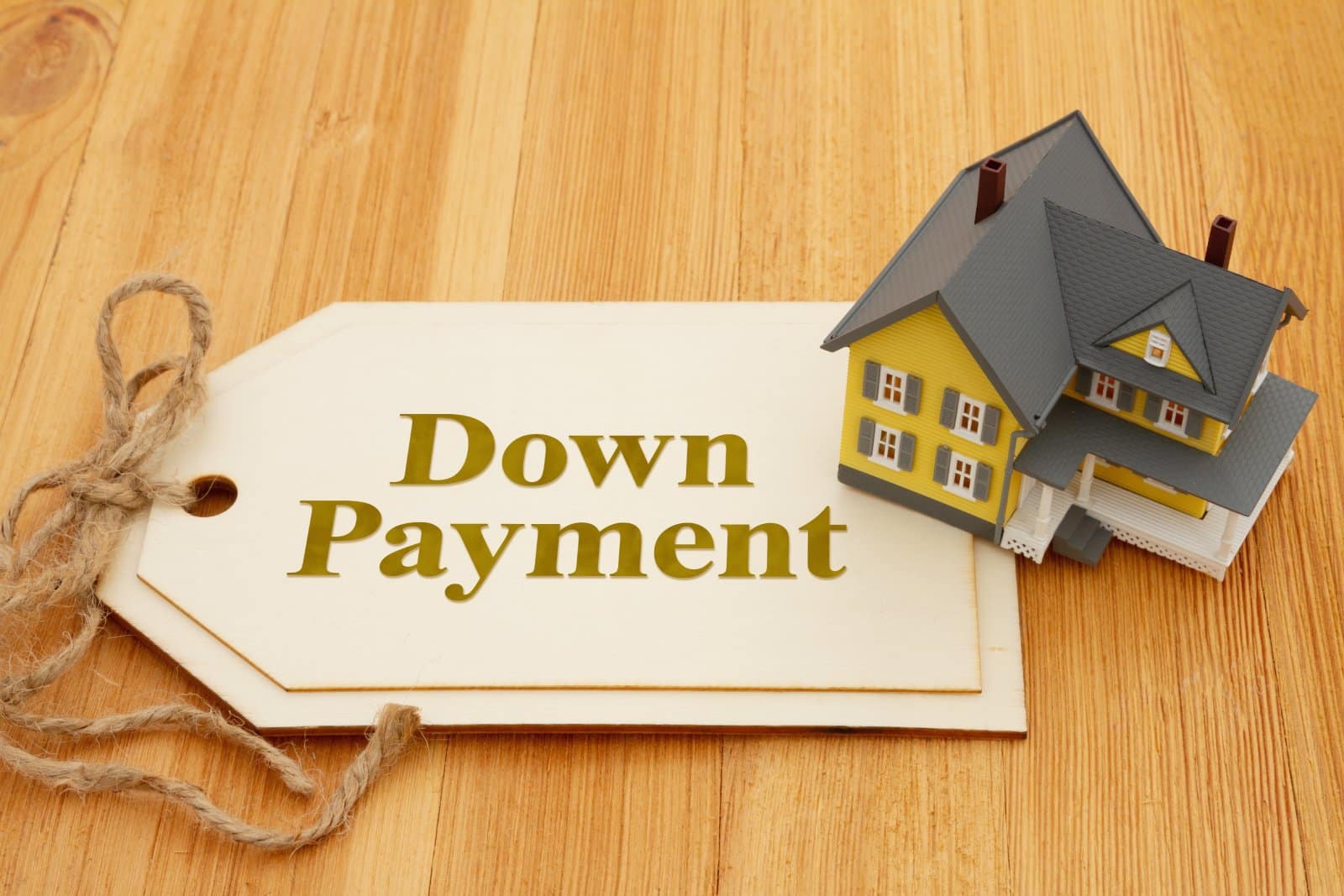
Homebuyers typically need to have a credit score of at least 620, plus a steady job and money in the bank for a down payment.
What Kind of Down Payment Do I Need?
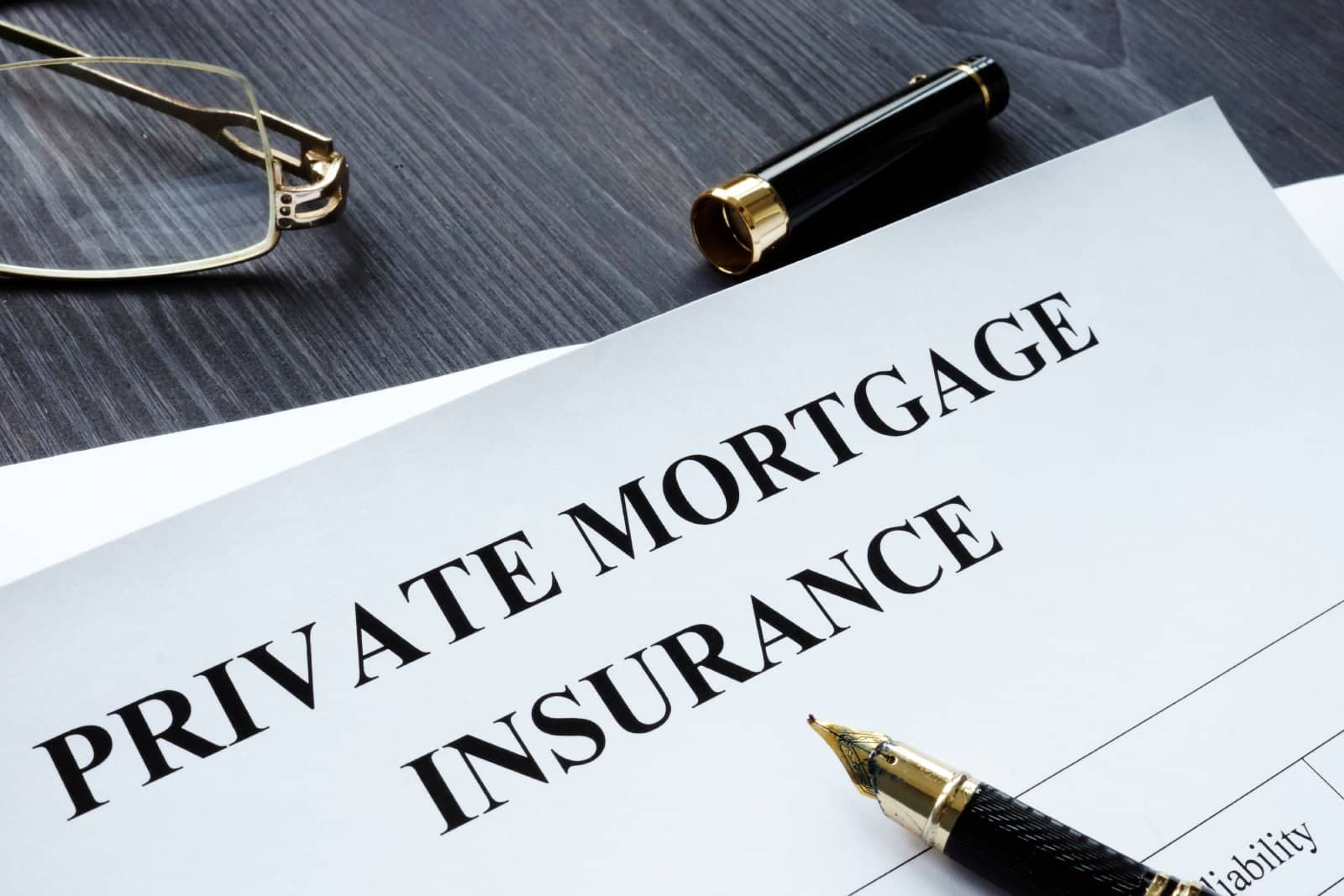
Conventional loans require down payments of at least 3%. If you put down less than 20%, you’ll need to pay PMI (private mortgage insurance), which will cause your mortgage payment to be a little higher.
FHA Mortgages
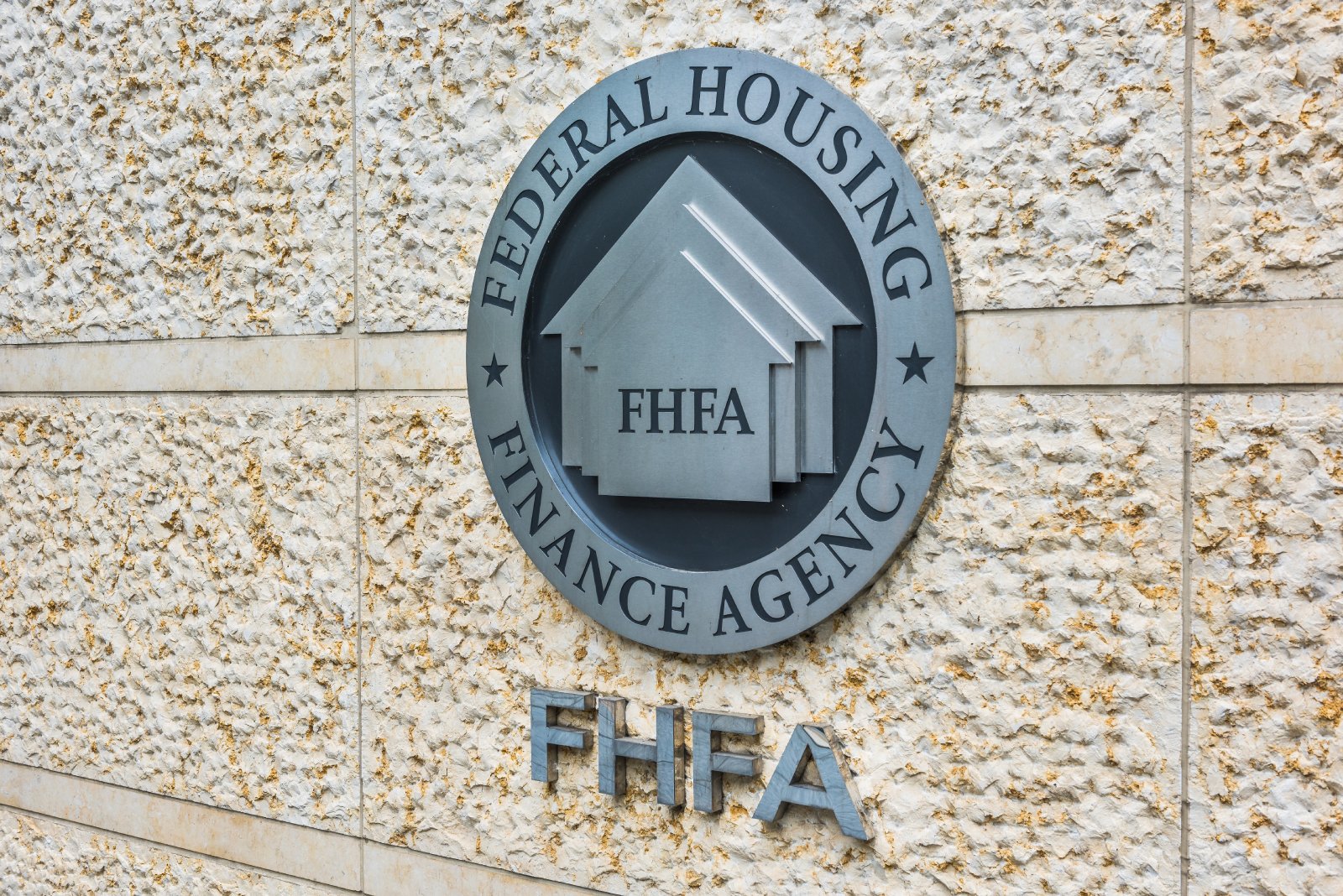
FHA loans are great options for people who might not qualify for conventional mortgages. They are backed by the Federal Housing Administration.
Who Qualifies for FHA Mortgages?
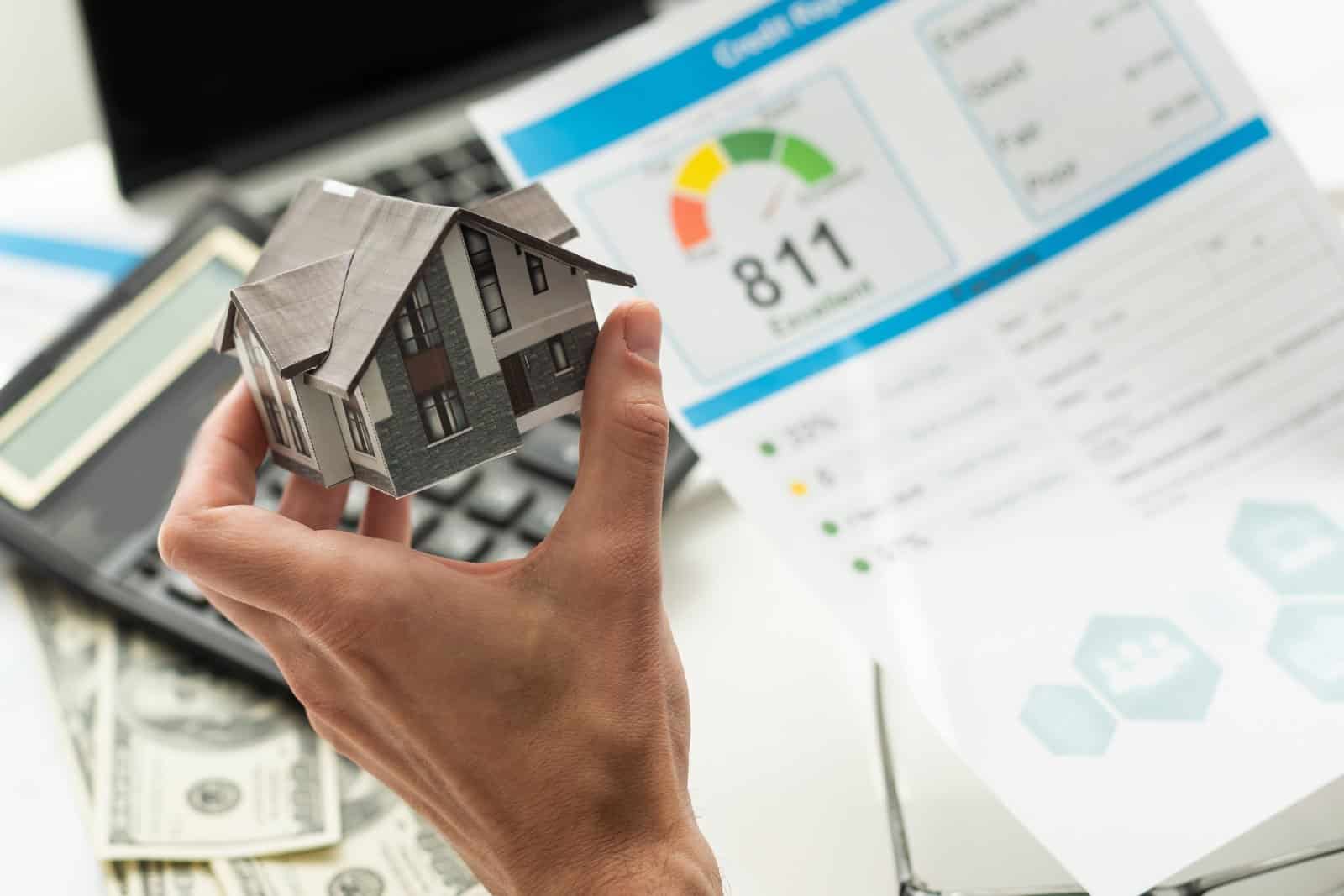
Credit score requirements for FHA loans are lower - the minimum credit score for an FHA loan is usually 580, but in some cases can be as low as 500 with a higher down payment amount. You won’t need as much money in the bank, but you’ll still need to have a steady employment history and income.
What Kind of Down Payment Do I Need?
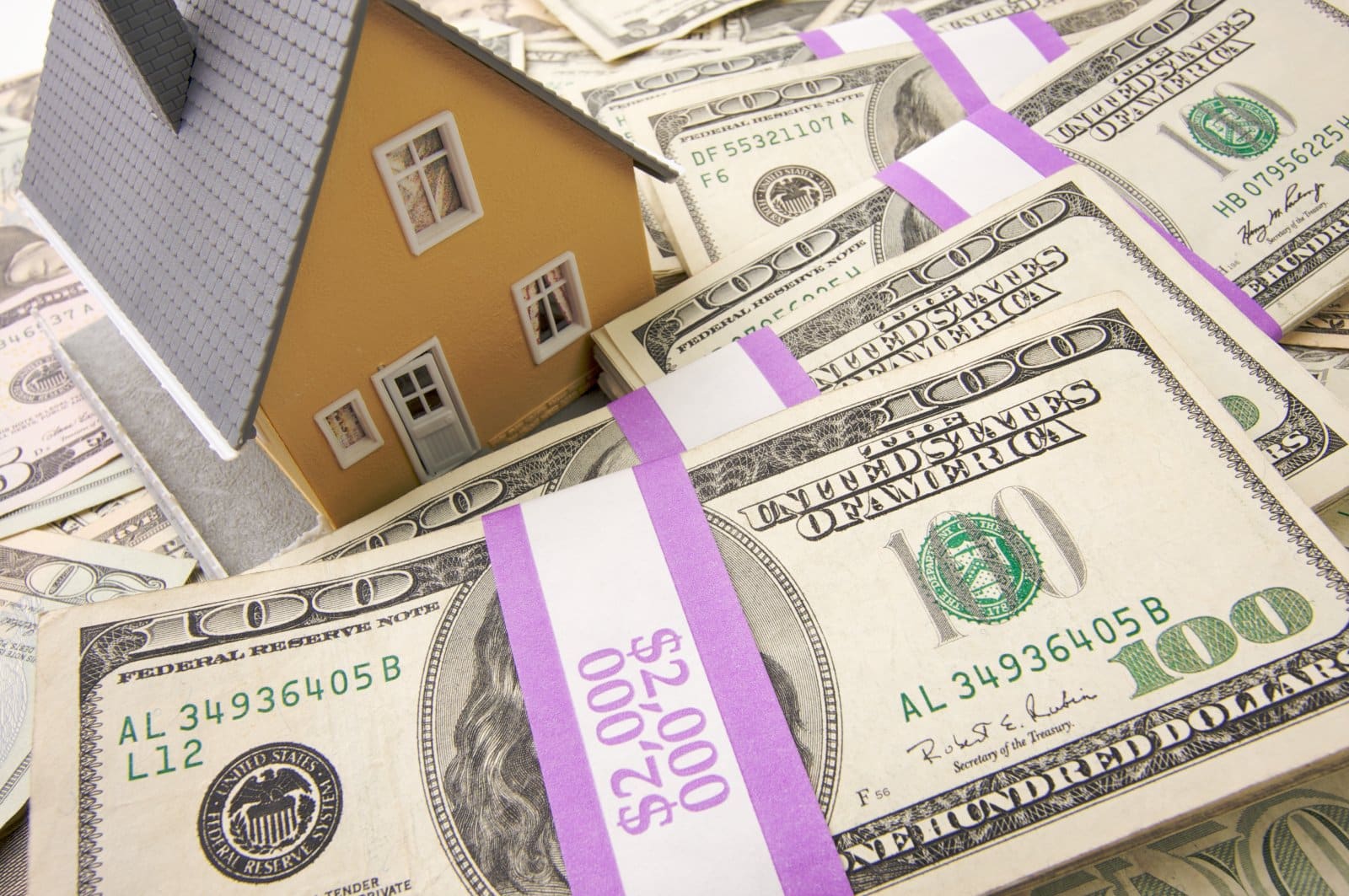
FHA loans require a downpayment of at least 3.5% of the purchase price. You may need a down payment of 10% if your credit score is below 580.
VA Mortgages
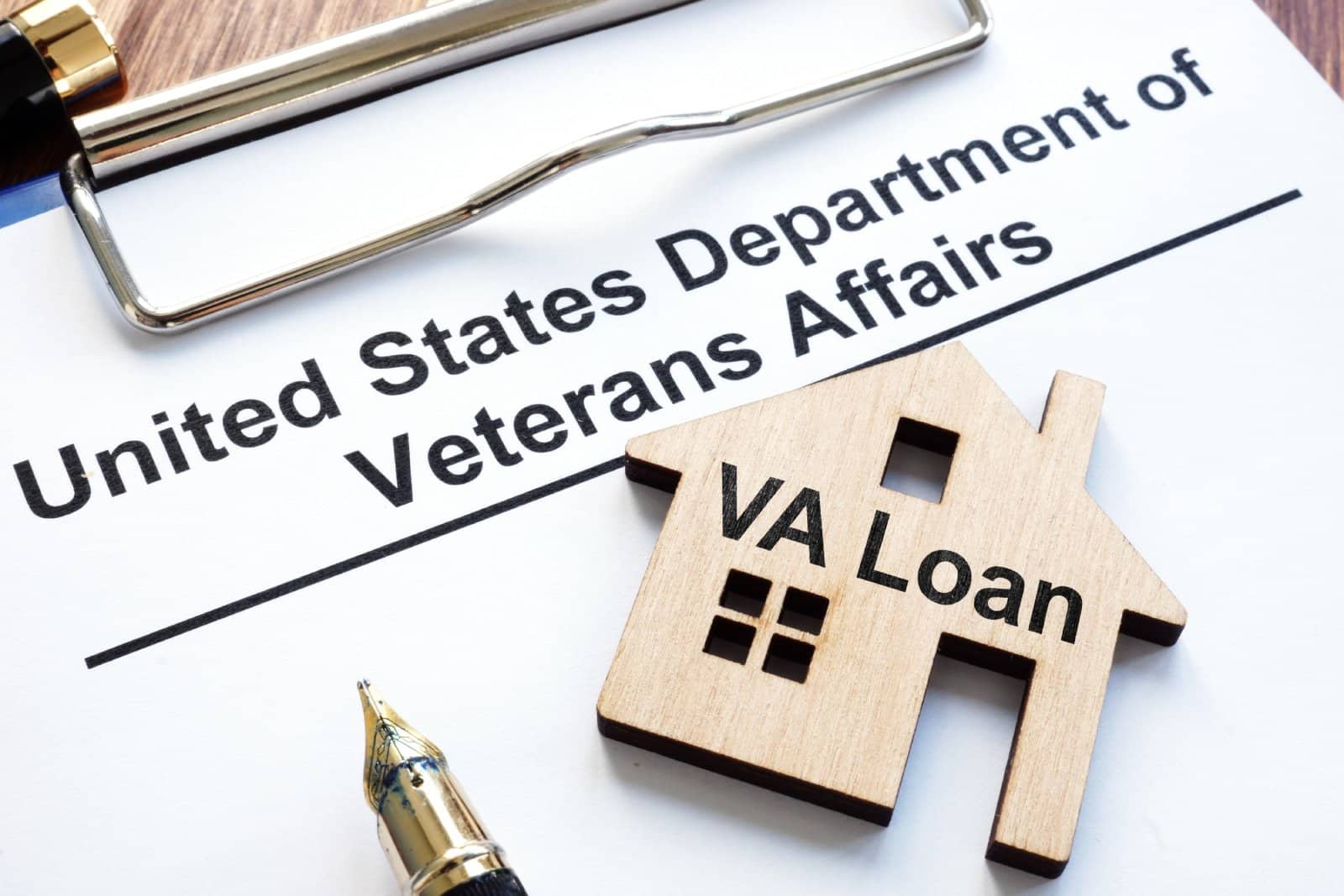
VA loans are meant for military homebuyers or veterans to assist them with purchasing homes without a down payment.
Who Qualifies for VA Mortgages?

To qualify for a VA loan, you’ll need to be in the military or be a veteran. There are some other ways to qualify, such as being the surviving spouse of a deceased veteran. VA doesn’t set minimum credit scores, but each lender will have specific requirements for credit scores with these loans.
What Kind of Down Payment Do I Need?
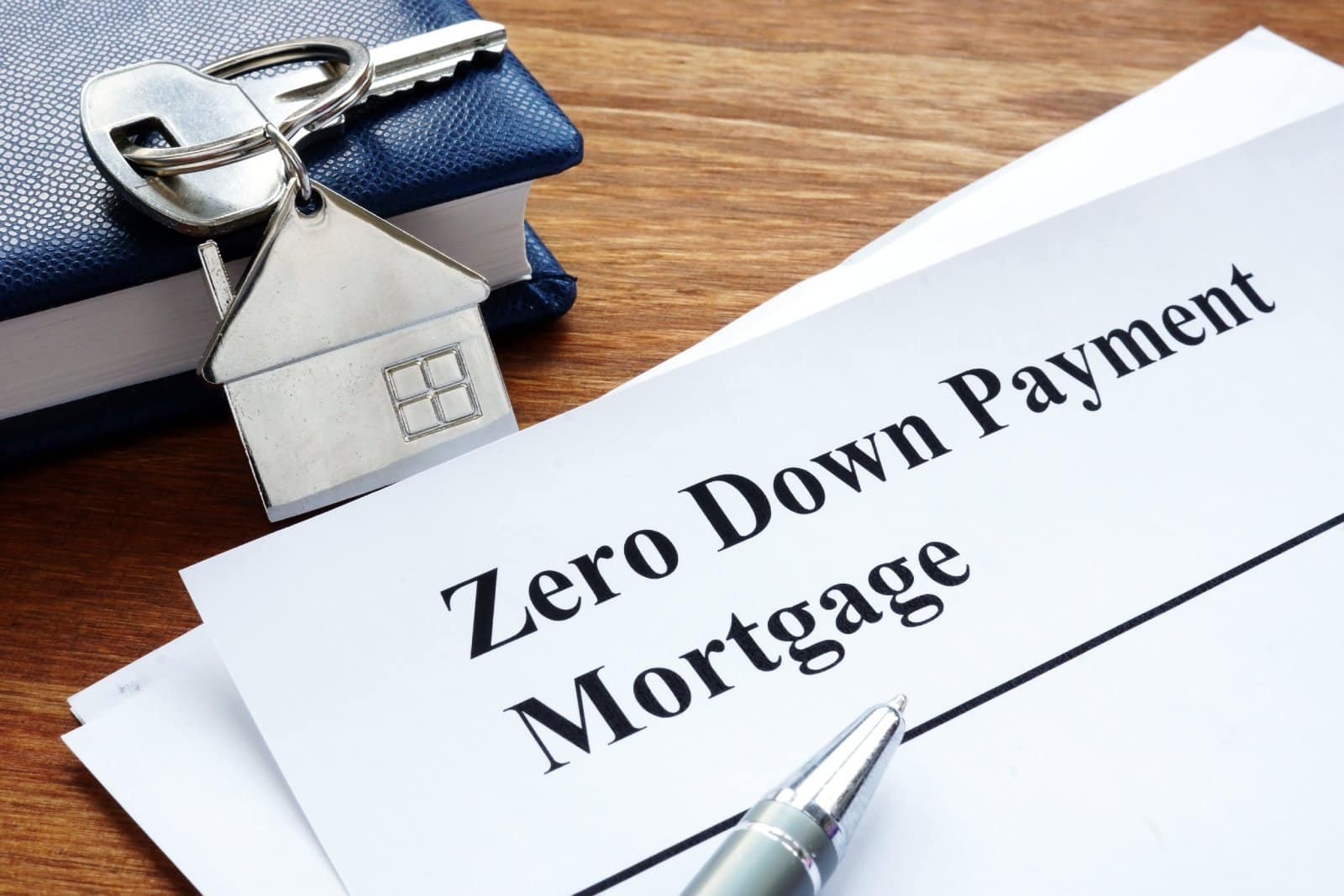
VA loans don’t usually require down payments as part of the perks of qualifying for them. Unless you’re an eligible disabled veteran, you will have to pay a one-time funding fee, which varies based on whether you’re using your VA benefits for the first time or not. That fee can be added to the loan amount.
USDA Mortgages
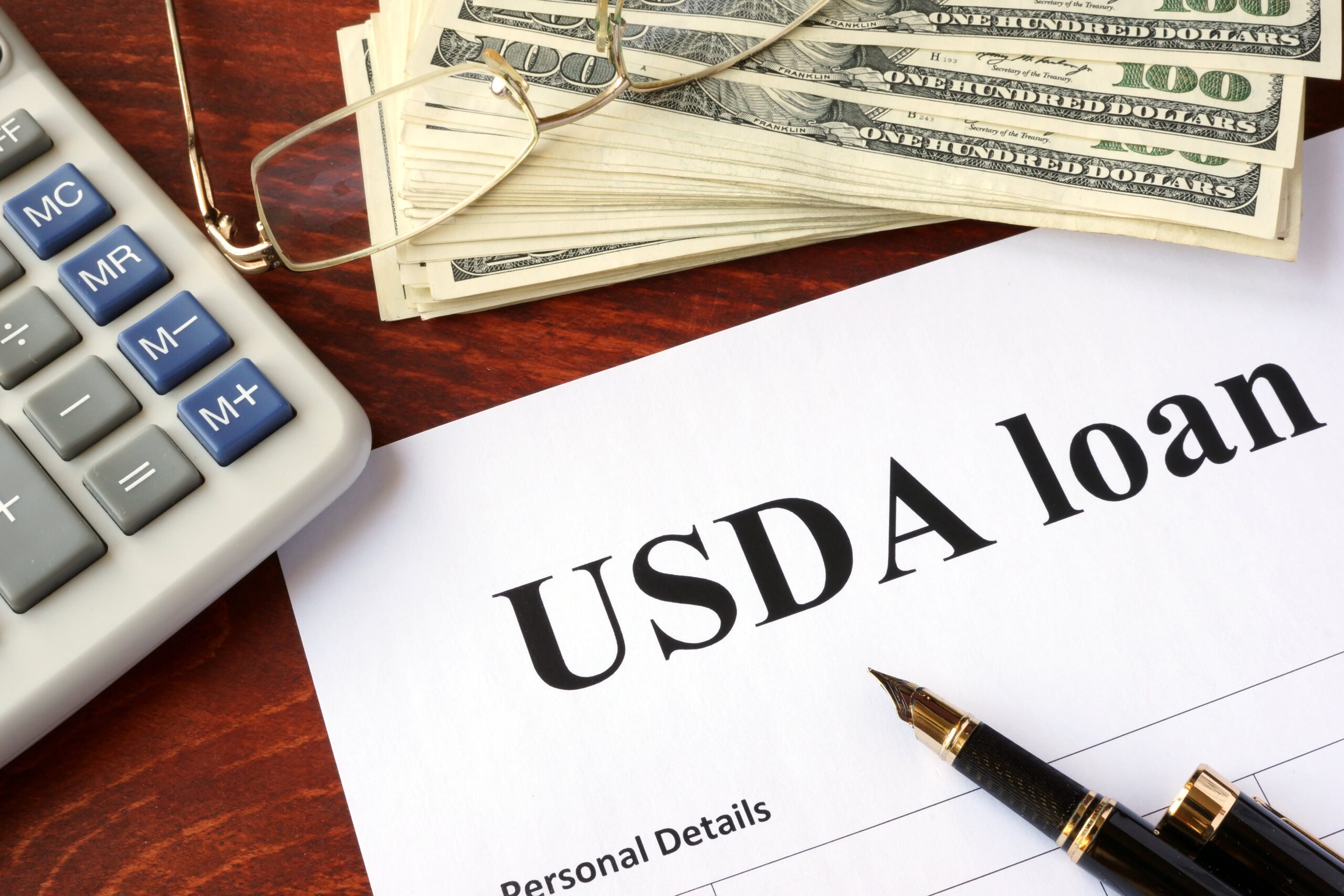
USDA loans serve low-to-moderate income borrowers in rural parts of the country to help people become homeowners who might not have other options.
Who Qualifies for USDA Mortgages?

To qualify for a USDA mortgage, you’ll need to meet certain income limits that are set based on the geographical area in which you’re buying a home. Credit score requirements vary by lender, but usually need to be around 620. The property you’re purchasing will need to be in an eligible rural area.
What Kind of Down Payment Do I Need?
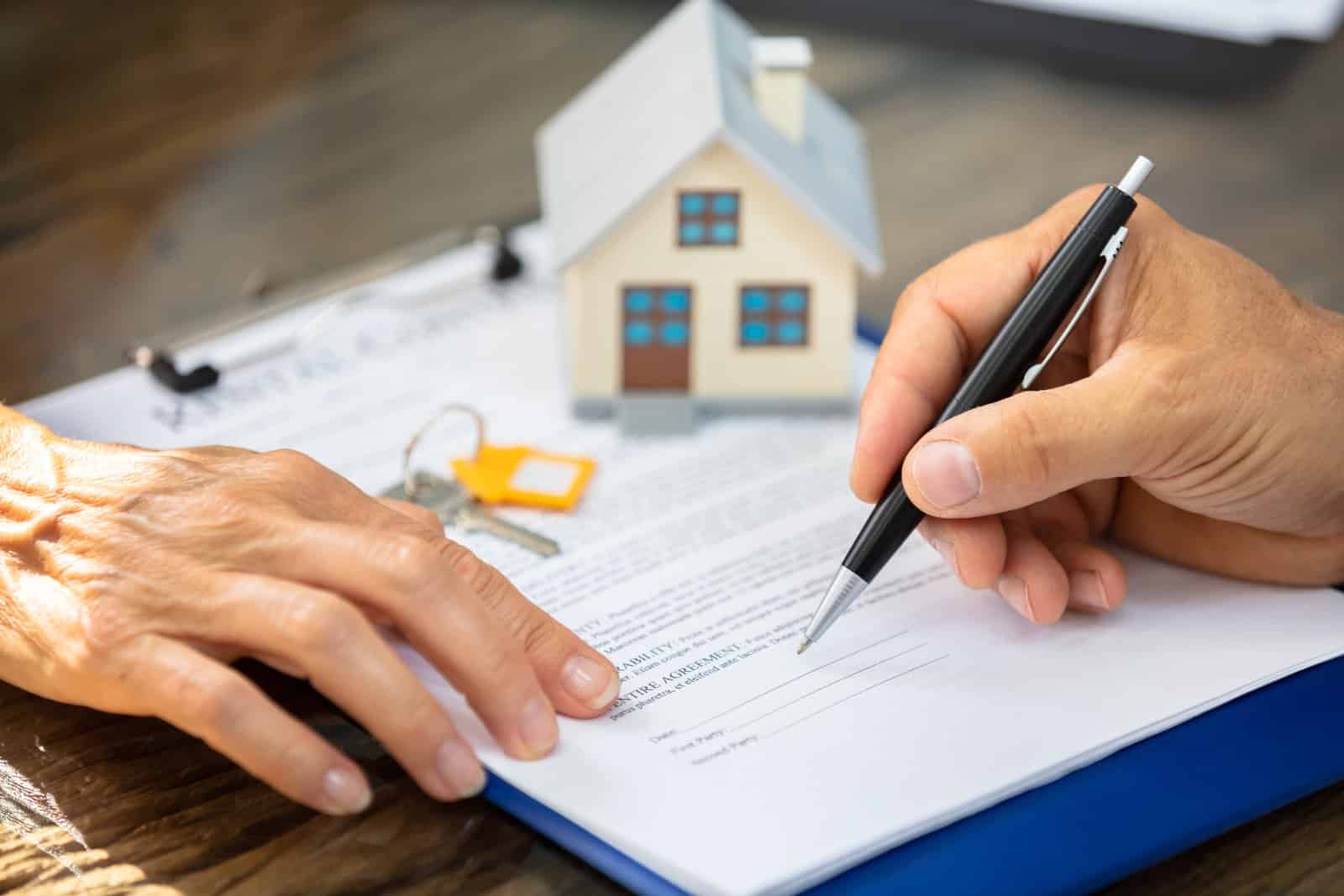
Like the VA, USDA does not require a down payment. They do have a one-time guarantee fee of 1% of the home price that can be financed into the mortgage.
How to Decide Which Mortgage is Right for You

Talking with your loan specialist is the best way to figure out how to choose your mortgage type. They can help you determine which loan options you qualify for and which ones will save you the most money in the long run. Remember that buying a home is a team sport, so you’ll want to assemble a talented team who can get you into your new home.
The post The Ultimate Mortgage Guide: Find Your Dream Home Loan first appeared on Thrift My Life.
Featured Image Credit: Shutterstock / JP WALLET.
The content of this article is for informational purposes only and does not constitute or replace professional financial advice.
